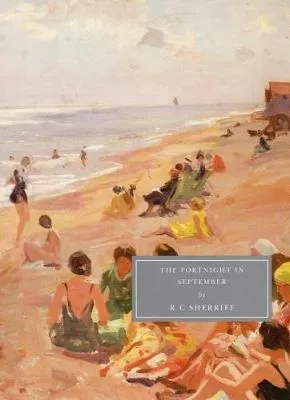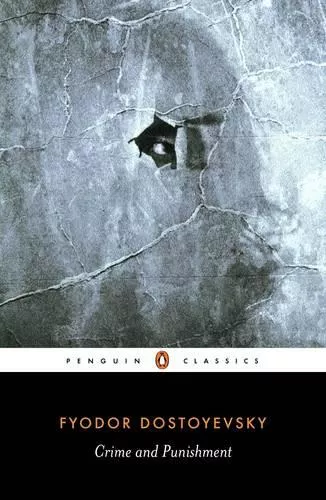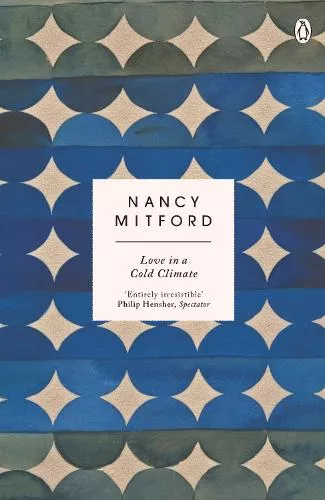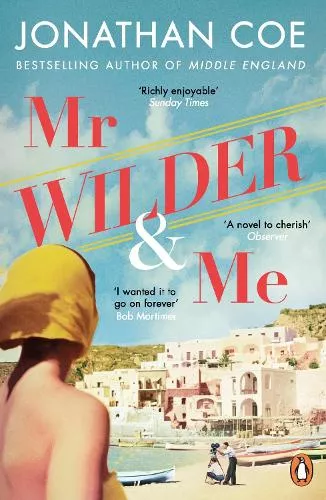Recommendation

Recommendations from
Kazuo Ishiguro
Kazuo Ishiguro is a British author, screenwriter, and director, regarded as one of the most influential authors of our time. Born in Nagasaki, he moved with his family to the UK in 1960. He began writing his first (unpublished) novel in 1976, and in 1979 his short stories started being published in literary magazines. He devoted himself to writing full-time after the publication of his first novel, A Pale View of Hills (1982). He has received numerous prestigious awards, including the Nobel Prize in Literature in 2017, accompanied by the motivation “who, in novels of great emotional force, has uncovered the abyss beneath our illusory sense of connection with the world”.
1
The Fortnight In September
By R. C. Sherriff

2
Crime And Punishment
By Fyodor Dostoyevsky

3
Love In A Cold Climate
By Nancy Mitford

4
Mr Wilder And Me
By Jonathan Coe

Summer 1977. The young Calista leaves Athens and sets off on an adventure which will lead her to a Greek island that has been turned into a film set. Here, she will start working for famed Hollywood director Billy Wilder, following him to Germany on a journey into his own past and family history.